Faculty and Staff
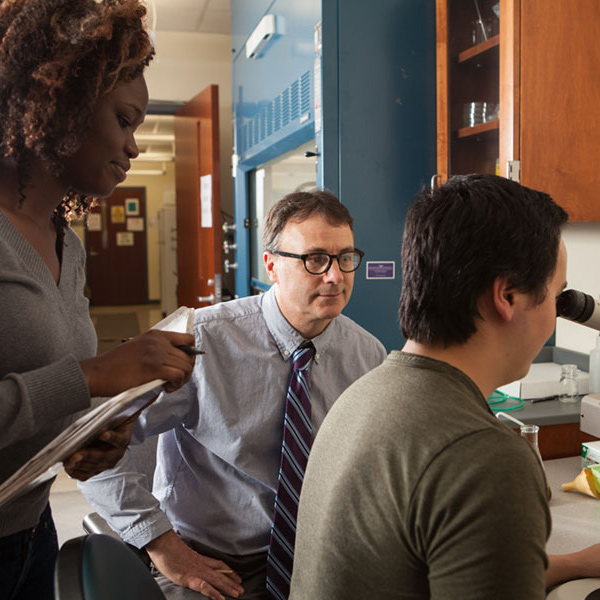
Dr. Dale Edwards
Professor and Chair of Biology
Room 231A, Koch Center for Engineering and Science
812-488-2645
de3@evansville.edu
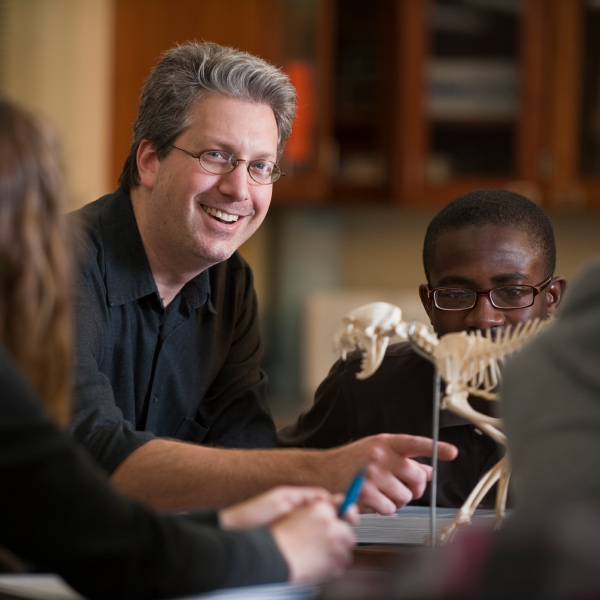
Dr. Noah Gordon
Professor/Biology
Room 219, Koch Center for Engineering and Science
812-488-2660
ng62@evansville.edu
Much of my recent research has been exploring the climate change induced range expansion of green treefrogs (Hyla cinerea). With Dr. Dale Edwards and several undergraduate students we have been assessing the potential influence of parasites on this range expansion. We have found an unexpected pattern of parasite abundance that is consistent with the parasite escape hypothesis. Another project with UE students Kane Stratman and Maddie Ralph determined how the range expansion of these green treefrogs was influencing call evolution in these frogs and closely related barking treefrogs in areas where the two species overlap.
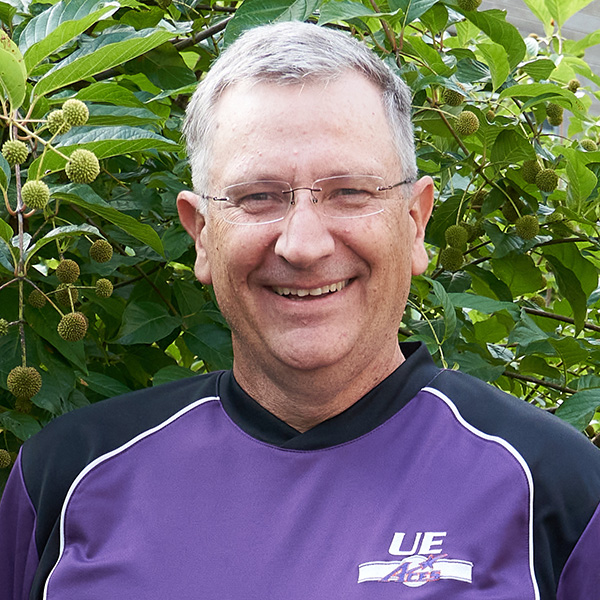
Dr. Cris Hochwender
(he/him/his)
Professor/Biology
Room 218, Koch Center for Engineering and Science
812-488-2005
ch81@evansville.edu
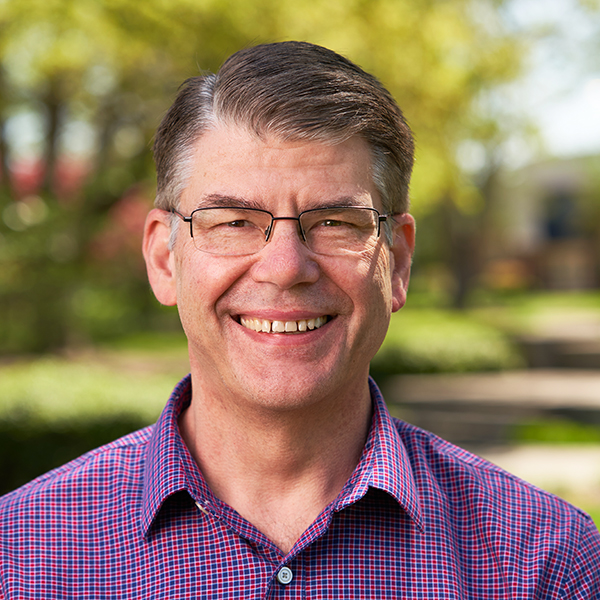
Dr. Arlen Kaufman
Professor/Chemistry
Room 325, Koch Center for Engineering and Science
812-488-2097
ak2@evansville.edu
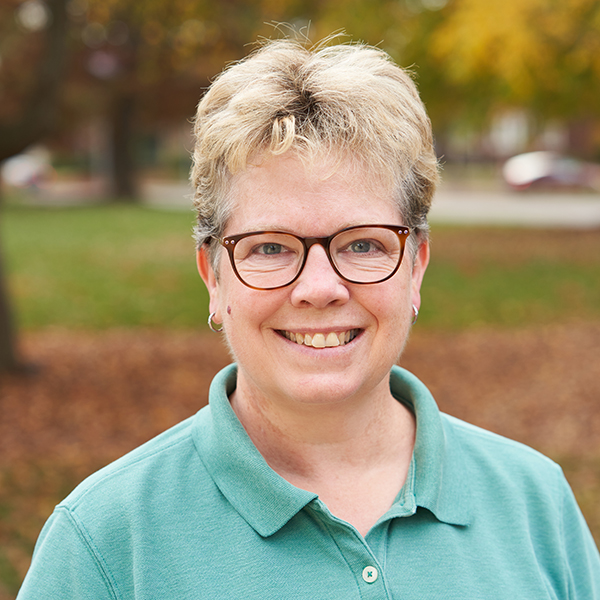
Dr. Elizabeth Powell
Associate Professor/Biology
Room 217, Koch Center for Engineering and Science
812-488-2025
ap96@evansville.edu
Office Phone
812-488-2097
Office Email
ak2@evansville.edu
Office Location
Room 325, Koch Center for Engineering and Science
